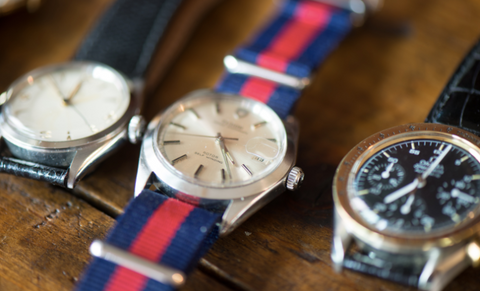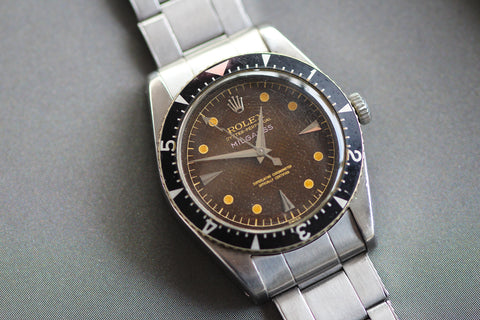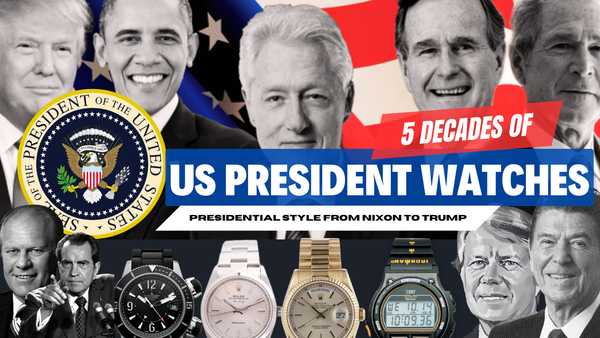The men in my family were left vintage pocket watches handed down by my father who loved pocketwatches, wrist watches, vest chains, stick pins and all the adornments that the 30’s and 40’s offered a man. But my brother’s sons particularly loved their grandfather’s white gold open faced pocketwatch for the classic style and period scrollwork on the case and the beautiful delicately decorated mechanical movement which the boys thought looked like a work of art. They appreciated that you could never replace a vintage watch with one of todays. I was thrilled that they realized the worth, quality and appearance associated with a watch from another era. These watches are now family heirlooms.
My son, born in 1974, during the beginning of the quartz revolution had never seen a mechanical watch and when he did, he thought the movement was so “alive” and finely crafted that he resolved never to wear another quartz watch. A mechanical watch (which by definition must have more than 120 parts) is powered by a mainspring within what is called a barrel; the mainspring is wound by hand or automatically by a rotor’ transmitting power to a complicated set of interconnected wheels transmits impulses to the balance wheel, making it oscillate. This oscillation provides the “tick” of the mechanical watch. Automatic watches incorporate a weight which swings backwards and forwards whenever the wrist moves – converts to a rotary motion which winds the mainspring. It is these intricate parts, engineering, and craftsmanship that really set these watches apart from their mostly quartz battery driven modern rivals, although higher end brands are still producing mechanical movements. Many collectors enjoy the intricate complications of the older chronographs, calendars, alarms and of course, military watches which have a unique and rugged appeal of their own.

Besides the appearance and charm of vintage watches, when it comes to holding value, a new watch loses a significant chunk of value the moment you take it home from the store (whether it's a Rolex or a Timex!), whereas with vintage watches, not only will it likely retain the value you purchased it at (unless you grossly overpaid), but will likely continue to appreciate in price. Mechanical vintage watches from fine Swiss and US makers generally hold their worth and often appreciate in value many times over. Many now buy and collect vintage watches as major investments and look at them as an asset class with beauty and style! It's not just the top-end watches either, vintage Heuer's and Omega's from the 60's 70's and have gone from the low $1K's to $10K for certain models in just over the past 5-8 years!

Young urban professionals are realizing they can distinguish themselves by wearing a rare vintage timepiece. Vintage and antique watches have become so popular today and even modern clothing designers are incorporating them into the look of the well-dressed man or woman of today. Many of the older established watch houses, including Heuer, Tudor, and Omega have reverted to the classic vintage styles and "Re-issues" of older watches in order to try and capture that modern element of buyers who appreciate yesterday’s styles but in a brand new watch. Prices of these new watches, however, can be much higher than of the original vintage watches available today.
Comments will be approved before showing up.
![Who Says Pocket Watches Are Only for Men? [NYT Article]](http://ashton-blakey-antiques.com/cdn/shop/articles/Screen_Shot_2021-03-11_at_10.00.10_PM_grande.png?v=1615518061)

Updated with VIDEO, Covering the past 5 Decades of Presidents.